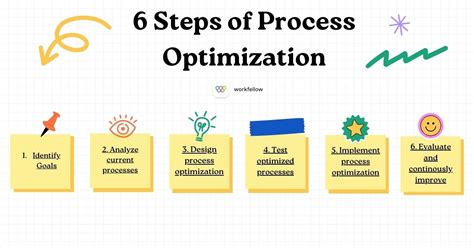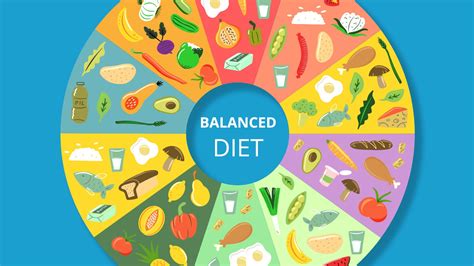Optimize gut health for peak energy, focus, and testosterone production?
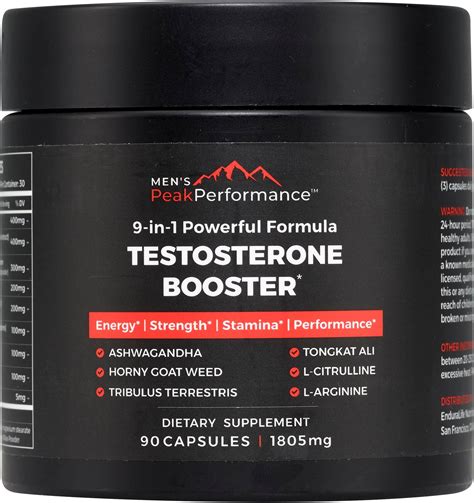
The connection between your gut and overall well-being extends far beyond digestion. Emerging science reveals that a thriving gut microbiome – the complex ecosystem of bacteria, fungi, and other microorganisms residing in your intestines – plays a pivotal role in everything from your mood and cognitive function to your energy levels and even hormonal balance, particularly testosterone production.
Understanding and nurturing this internal ecosystem isn’t just about avoiding digestive issues; it’s about unlocking your full potential for peak physical and mental performance.
The Gut-Brain Axis: Fueling Focus and Energy
Your gut is often called your ‘second brain’ for a good reason. The enteric nervous system (ENS) in your gut communicates directly with your brain via the vagus nerve, forming what’s known as the gut-brain axis. This two-way street allows gut bacteria to influence neurotransmitter production (like serotonin and dopamine), reduce systemic inflammation, and modulate stress responses.
A balanced microbiome contributes to stable energy levels by optimizing nutrient absorption and glucose metabolism. Conversely, an imbalanced gut (dysbiosis) can lead to chronic inflammation, malabsorption, and the production of neurotoxins, resulting in brain fog, fatigue, mood swings, and difficulty concentrating.
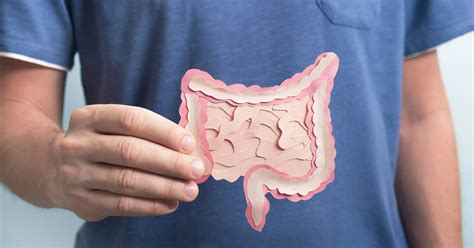
The Gut-Testosterone Connection: A Hidden Link
While often overlooked, the health of your gut significantly impacts testosterone levels, a critical hormone for men’s energy, muscle mass, mood, and libido. This influence operates through several mechanisms:
- Nutrient Absorption: A healthy gut efficiently absorbs essential nutrients like zinc, magnesium, and vitamin D, all crucial precursors for testosterone synthesis. Gut damage impairs this absorption, potentially leading to deficiencies that depress hormone production.
- Inflammation: Chronic low-grade inflammation, often originating in a compromised gut, can directly inhibit testosterone production. The immune system, when constantly fighting gut issues, diverts resources and releases cytokines that interfere with hormonal pathways.
- Estrogen Metabolism: Certain gut bacteria help metabolize and excrete excess estrogens. An imbalanced microbiome can lead to an accumulation of ‘bad’ estrogens, which can suppress testosterone production and increase the testosterone-to-estrogen ratio negatively.
- Short-Chain Fatty Acids (SCFAs): Beneficial gut bacteria produce SCFAs like butyrate, which are vital for gut barrier integrity and can have systemic anti-inflammatory effects, indirectly supporting healthy hormone levels.
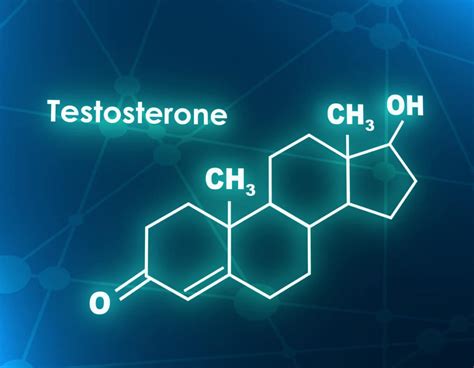
Pillars of Gut Health Optimization
Optimizing your gut health is a multifaceted approach that involves diet, lifestyle, and targeted supplementation.
1. Diet: The Foundation
What you eat directly feeds your gut microbiome. Focus on:
- Fiber-Rich Foods: Prebiotic fibers (from fruits, vegetables, legumes, whole grains) are the primary food source for beneficial gut bacteria, helping them thrive and produce beneficial compounds.
- Fermented Foods: Incorporate natural probiotics like yogurt, kefir, sauerkraut, kimchi, and kombucha into your diet to introduce diverse strains of beneficial bacteria.
- Whole, Unprocessed Foods: Minimize refined sugars, artificial sweeteners, processed foods, and unhealthy fats, which can feed pathogenic bacteria and promote inflammation.
- Healthy Fats: Omega-3 fatty acids from fish, flaxseeds, and walnuts can help reduce inflammation.

2. Probiotics and Prebiotics
While diet is crucial, targeted supplementation can provide an extra boost:
- Probiotic Supplements: Consider a high-quality, multi-strain probiotic supplement, especially after antibiotic use or during periods of stress. Look for products with diverse strains and a high CFU count.
- Prebiotic Supplements: If your diet lacks sufficient fiber, a prebiotic supplement (e.g., inulin, FOS, GOS) can help nourish your existing beneficial bacteria.
3. Lifestyle Factors
- Manage Stress: Chronic stress profoundly impacts gut health, altering gut motility and permeability. Practice mindfulness, meditation, yoga, or other stress-reduction techniques.
- Prioritize Sleep: Adequate, quality sleep is essential for overall health, including gut integrity and hormonal balance. Aim for 7-9 hours per night.
- Regular Exercise: Physical activity can increase the diversity of your gut microbiome and reduce inflammation.
- Hydration: Drink plenty of water throughout the day to support digestive function and nutrient transport.

Practical Strategies for a Healthier Gut
Start small and be consistent. Gradually increase your intake of fiber-rich foods and fermented products. Pay attention to how your body responds to different foods. Consider consulting with a healthcare professional or a registered dietitian who specializes in gut health for personalized advice, especially if you have chronic digestive issues or hormone imbalances.
Integrating these practices into your daily routine can lead to remarkable improvements not just in digestion, but in your overall vitality. A healthy gut is a cornerstone of robust health, paving the way for sustained energy, sharper focus, and optimal testosterone production.






